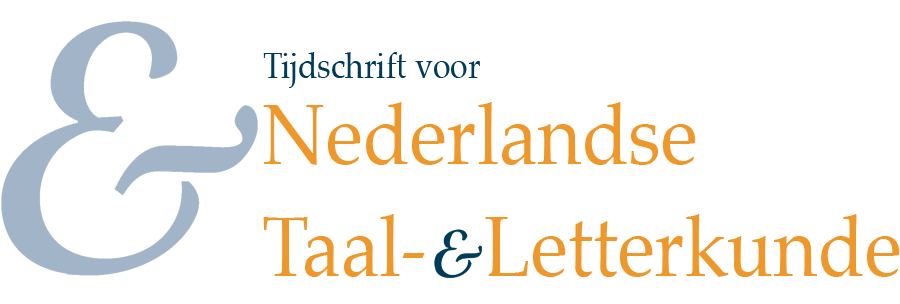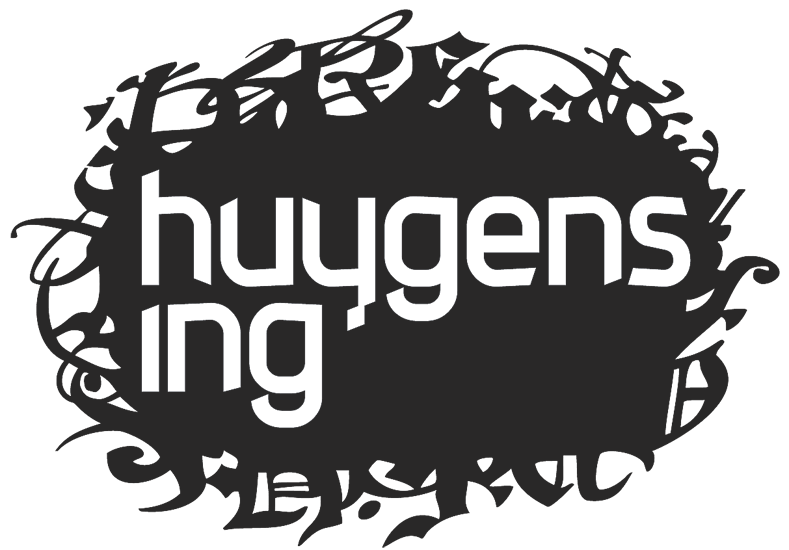Gezegd worden + te-infinitief: een verouderde evidentiële constructie
Samenvatting
In present-day Dutch, unlike in English, the lexical possibilities of the so-called nominative and infinitive pattern are limited to a handful of verbs, viz. achten 'consider', veronderstellen 'suppose' and verwachten 'expect'. On the basis of a diachronic survey of linguistic data culled from the textual corpus of De Gids (founded im 1837), the present paper shows that in nineteenth-century Dutch, by contrast, the nominative and infinitive construction was also frequently used with zeggen 'say', though the use of this verb in the corresponding accusative and infinitive pattern was already nearly obsolete at that time. We argue that the rate of occurrence of gezegd worden + te-infinitive in nineteenth-century Dutch was at least partly due to its potential for being used as an evidential 'hearsay' marker.
Terugverwijzingen
- Er zijn momenteel geen terugverwijzingen.



